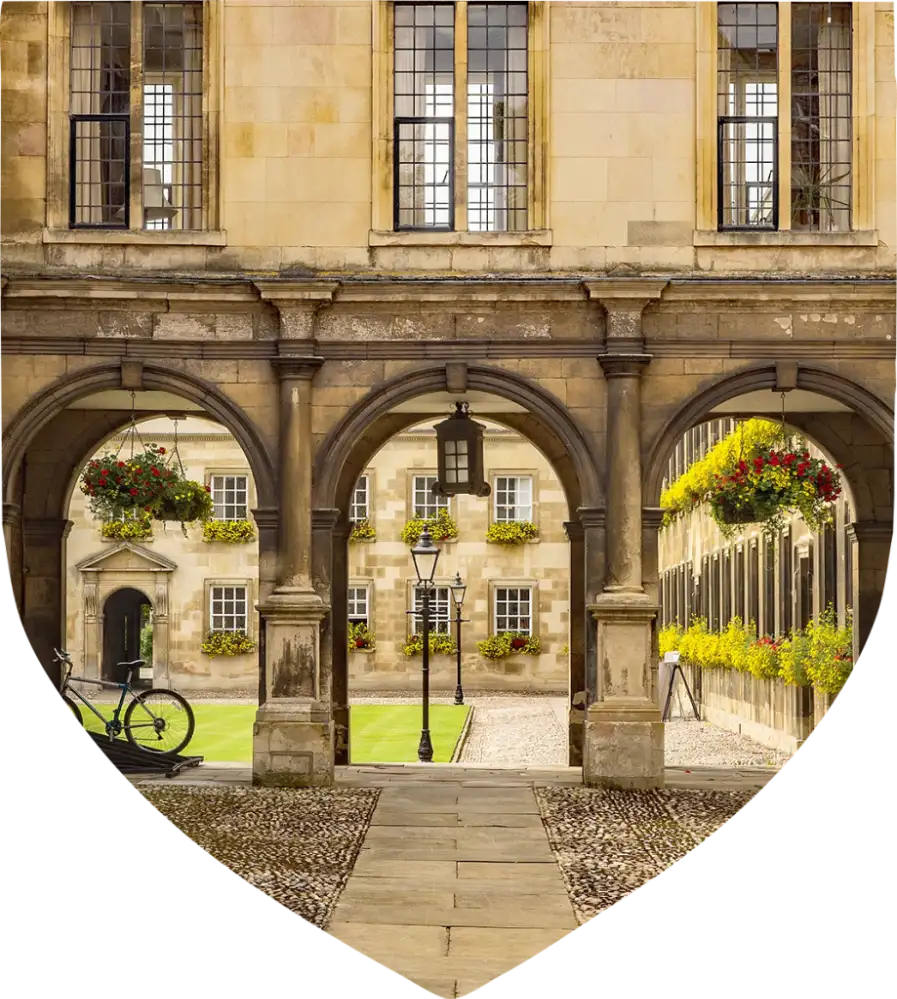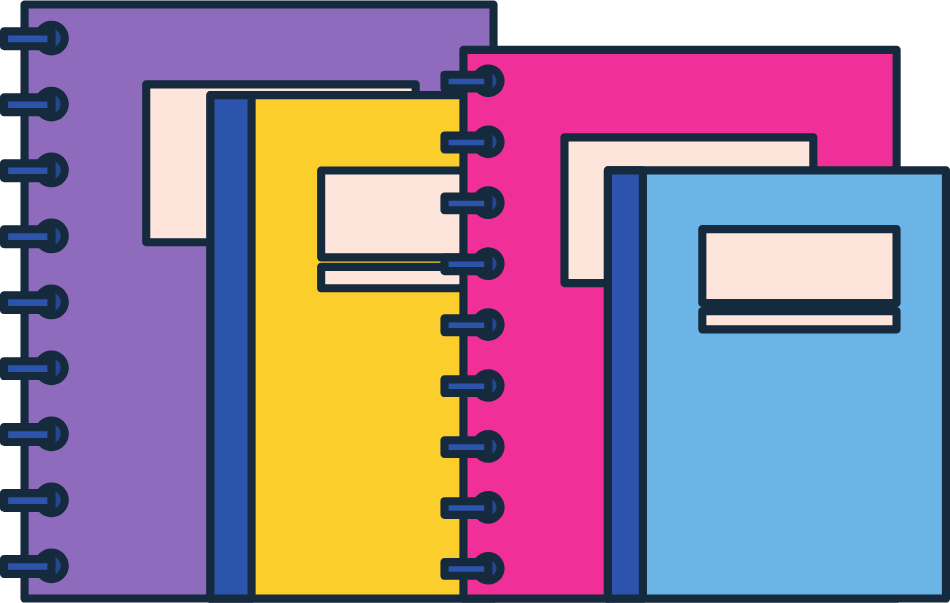Key Stage 3 – Science
Cambridge Lower Secondary Science


About the Subject
Cambridge Science curriculum helps learners develop a lifelong curiosity about the natural world and helps them to seek scientific explanations for the phenomena around them.
Students develop a holistic approach to Science by considering scientific thinking and practical skills alongside knowledge and understanding, which is vital for explaining the world around us.
This approach provides them with the knowledge and skills they need to excel at Science in later stages of education.
Specifics

| Delivery Method | Start Date | Duration |
|---|---|---|
| Online, real-time classrooms, 24/7 access to the curriculum | September onwards, throughout the year | Lower Secondary - Year 7 to Year 9. Improving learners’ awareness of science in the world around them develops their sense that ‘science is for me’, helping to connect them to the subject |
Course Grading
Assessment
In Science, student progress is measured through weekly formative assessments that provide regular feedback on their ability to “work scientifically.” These focus on scientific attitudes, experimental skills and investigations, analysis and evaluation, and measurement.
What Will Your Child Learn?
This curriculum covers six strands –
-
- Biology – living things and how they interact.
- Chemistry – properties and changes of materials and substances.
- Physics – the interactions of matter and energy.
- Earth and space – planet Earth, the wider Solar System and beyond.
- Thinking and Working Scientifically – develops understanding and skills of scientific models and representations, scientific enquiry and practical work.
- Science in context – helps teachers demonstrate the relevance of Science to learners and is unique to our Science curriculum. The subject is divided into three main areas called ‘strands’, which run through every lower secondary science stage.
